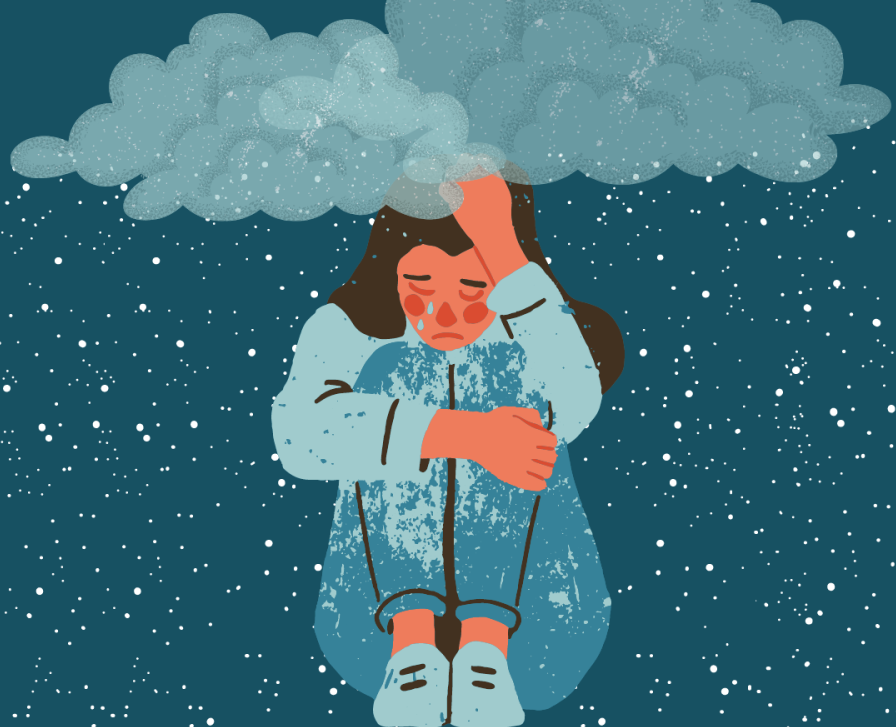Moving into Fall:
Signs of Seasonal Depression
Signs of Seasonal Depression

As we transition into Fall, the shorter days and longer nights can often bring about significant mood changes in some people. This shift is not simply a general dispiritedness caused by bidding the summer sun goodbye but could be a more serious health condition — Seasonal Affective Disorder (SAD).
Seasonal Affective Disorder or “seasonal depression” as it’s often called, is a subtype of depression that emerges in specific seasons – typically fall and winter. During these periods, individuals may experience symptoms akin to those of non-season-specific depression like persistent low moods, loss of interest or pleasure in activities they usually enjoy, and fatigue, amongst others.
Signs and Symptoms to Watch Out For
As the season changes, it’s important to be mindful of signs and symptoms that might suggest you or a loved one are experiencing Seasonal Affective Disorder. Some key indicators to watch out for include:
Persistent Low Mood
Increased Sleep and Lethargy
Appetite Changes
Loss of Interest and Social Withdrawal
Experiencing Feelings of Hopelessness, Guilt, or Worthlessness
Mood Swings Impacting Relationships
Reduced Productivity at Work or School
Difficulty Concentrating and Decision-Making
Strategies to Combat Seasonal Depression
Even though Seasonal Affective Disorder can seem overwhelming, there are multiple strategies to combat these autumn and winter blues:

Healthy Diet And Supplements
Maintaining a healthy diet serves an important role in managing SAD symptoms. Eating balanced meals keeps your energy levels consistent and boosts your mood.
Vitamin D deficiency, especially during winter due to reduction in sunlight exposure, is common. Consider adding Vitamin D supplements after discussing with a healthcare provider as this can enhance serotonin activity, enhancing “happy neurotransmitters.”
Stay Connected
Make efforts to stay engaged with loved ones and participate in social activities, even if you don’t want to. Loneliness can exacerbate feelings of sadness and lethargy.
Joining support groups that relate to dealing with SAD can be beneficial as well, providing a safe environment where you hear from others who understand exactly what you’re going through.


Light Therapy
Using light boxes – a type of device that emits bright lights meant to replicate natural outdoor light – is often recommended for people with SAD. Regular exposure has shown to be effective in alleviating sad feelings.
Stay Active And Get Outdoors
Incorporating regular physical activity into your daily routine can significantly help improve your mood. Make sure you get outside even on overcast days; a good amount of available daylight can help lift your spirits.

The Role of Counseling In Managing Seasonal Depression
Access professional mental health services if symptoms persist. Cognitive Behavioral Therapy (CBT) has proven effective for SAD; it helps explore underlying feelings and triggers allowing a better understanding of your condition.
Additionally, just talking through your thoughts in a supportive space often brings relief and makes the journey easier. If you’re struggling with feelings of seasonal depression, don’t hesitate to reach out to Counseling Littleton right away.